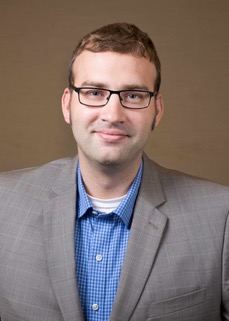Welcome to TOKYO: Urban Change and International Spectacle from the Meiji Period to 2020

- This event has passed.
February 19th, 2020 @ 6:30 pm - 8:00 pm EST
Cost: FreeDetails » Click here to register »
Anticipating the arrival of tens of millions of foreign tourists attending the 2020 Olympic Games, the Tokyo municipal government announced in 2014 a long-term city plan aiming to make Tokyo the “world’s best city.” With the Olympic Games a “springboard” for the city’s future, the plan laid out a number of improvements designed to enhance the livability and commercial prosperity of the city along with the welfare of its residents. As with earlier improvement efforts in Tokyo following the 1868 Meiji Restoration, the 1923 Great Kantō Earthquake and paving the way for the 1964 Tokyo Olympics, the main component of the 2014 plan was infrastructure; namely, new expressways, improved port facilities, and the creation of pleasant public spaces through the so-called “Tokyo Champs Elysées Project.” Once again, Tokyo planners intent on putting the city’s best face forward to impress foreign visitors and to display Japanese prosperity started at street level. This talk reviews Tokyo urban improvement efforts from the Meiji Period to today to show how Tokyo planners have repeatedly looked to city streets as conduits of not only cars and commerce but as conveyors of culture and civilization. This suggests continuity in both Japanese urban planners’ abiding concern for foreign visitors’ reactions to the city’s appearance as well as their lasting perception and the interrelationship between Tokyo’s urban infrastructure, commercial prosperity, and international prestige.
 Tristan R. Grunow is Associate Research Scholar at the Council on East Asian Studies at Yale University. Previously, he was Assistant Professor without Review at the University of British Columbia, postdoctoral fellow at the Reischauer Institute of Japanese Studies at Harvard University, and a Fulbright Fellow at Hōsei University in Tokyo. His current project charts the respacing of the built environment of Tokyo under the process of Japanese state-formation and empire-building.
Tristan R. Grunow is Associate Research Scholar at the Council on East Asian Studies at Yale University. Previously, he was Assistant Professor without Review at the University of British Columbia, postdoctoral fellow at the Reischauer Institute of Japanese Studies at Harvard University, and a Fulbright Fellow at Hōsei University in Tokyo. His current project charts the respacing of the built environment of Tokyo under the process of Japanese state-formation and empire-building.
Registration for this event is now closed. Rush seating may be available on the day of the event.
